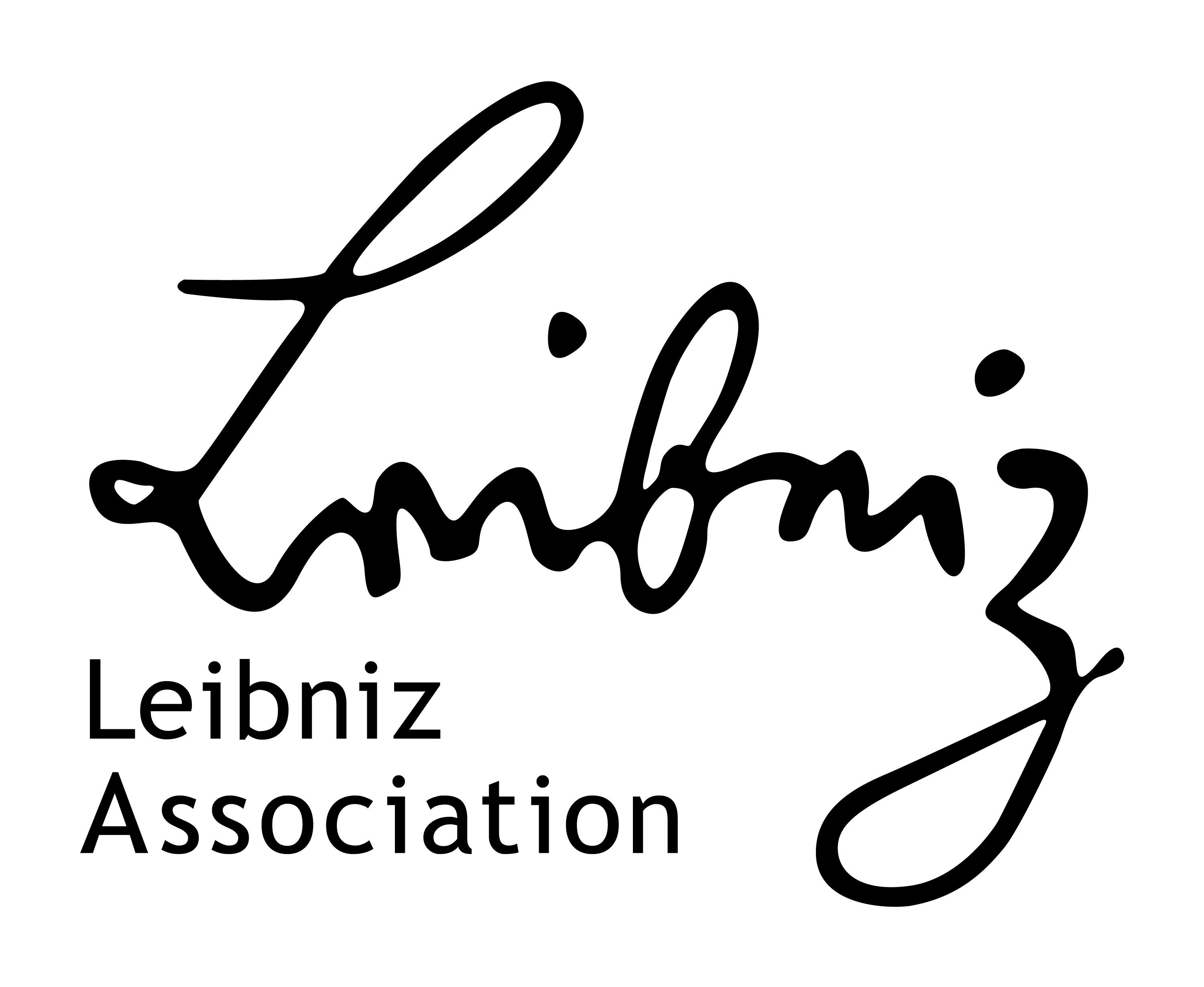Julia Deuster, laboratory manager I Email: julia.deuster@lir-mainz.de
Jennifer Klüpfel, scientific managern I Email: jennifer.kluepfel@lir-mainz.de
Verena Opitz, laboratory manager I Email: verena.opitz@lir-mainz.de
Dr. India Sawyer, postdoctoral researcherI Email: india.sawyer@lir-mainz.de
Prof. Dr. Ulrich Schmitt, scientist I Email: ulrich.schmitt@lir-mainz.de
The aim of the research group is to contribute to an interdisciplinary team of doctors and scientists by translating clinically relevant questions into appropriate animal experimental models of basic research to develop improved, ideally causal treatment or prevention options for patients with mental illness. The working group works on two scientific goals by using a combination of behavioral biological, system physiological, and molecular analyzes.
1) The group develops and validates animal experimental models for resilience in order to use them to identify neurobiological mechanisms of resilience.
2) It examines the molecular mechanisms underlying the inter-individual differences in response to antidepressant therapy and tests which factors can predict response to treatment.
- Characterization of resilience and its neurobiological basis in the mouse model
- Development of an animal experimental model for stress inoculation
- Characterization of the actin-interacting protein DRR1 as a factor promoting resilience
- Identification of the molecular mechanisms of the resilience promoting properties of ketamine and other pharmacological model substances using the TRAP/INTACT approach
- Development of instruments for dynamic system analysis in resilience research (IDSAIR)
- Prof. Dr Amparo Acker-Palmer, Institute of Cell Biology and Neuroscience, Goethe University Frankfurt
- Dr Dr Elisabeth Binder, Max Planck Institute for Psychiaty, Munich
- Prof. David Lyons, PhD, Department of Psychiatry and Behavioral Sciences, Stanford University, USA
- Prof. Helen Mayberg, MD, Departments of Psychiatry, Neurology, and Radiology, Emory University, Atlanta, USA
- Dr. Theo Rein, Max Planck Institute for Psychiaty, Munich
- Prof. Dr Marco Rust, Institute of Physiological Chemistry, Philipps University Marburg
- Prof. Dr. Chris Turck, Max Planck Institute for Psychiaty, Munich
- German Research Foundation (DFG)
- Boehringer Ingelheim Foundation
- MWWK
Ayash S, Schmitt U, Müller MB (2020) Chronic social defeat-induced social avoidance as a proxy of stress resilience in mice involves conditioned learning. J Psychiatr Res. 120:64-71. doi: 10.1016/j.jpsychires.2019.10.001
>> Link to PubmedAyash S, Schmitt U, Lyons DM, Müller MB (2020) Stress inoculation in mice induces global resilience. Transl Psychiatry. 10(1):200. doi: 10.1038/s41398-020-00889-0
>> Link to articleJene T, Gassen NC, Opitz V, Endres K, Müller MB, van der Kooij MA (2018) Temporal profiling of an acute stress-induced behavioral phenotype in mice and role of hippocampal DRR1. Psychoneuroendocrinology. 91:149-158. doi: 10.1016/j.psyneuen.2018.03.0041
>> Link to Pubmedvan der Kooij MA, Jene T, Treccani G, Miederer I, Hasch A, Voelxen N, Walenta S, Müller MB (2018) Chronic social stress-induced hyperglycemia in mice couples individual stress susceptibility to impaired spatial memory. Proc Natl Acad Sci USA. 115 (43) E10187-E10196. doi: 10.1073/pnas.1804412115
>> Link to articleCarrillo-Roa T, Labermaier C, Weber P, Herzog DP, Lareau C, Santarelli S, Wagner KV, Rex-Haffner M, Harbich D, Scharf SH, Nemeroff CB, Dunlop BW, Craighead WE, Mayberg HS, Schmidt MV, Uhr M, Holsboer F, Sillaber I, Binder EB, Müller MB (2017) Common genes associated with antidepressant response in mouse and man identify key role of glucocorticoid receptor sensitivity. PLoS Biol. 15(12):e2002690. doi: 10.1371/journal.pbio.2002690
>> Link to PubmedKalisch R, Baker DG, Basten U, Boks MP, Bonanno GA, Brummelman E, Chmitorz A, Fernàndez G, Fiebach CJ, Galatzer-Levy I, Geuze E, Groppa S, Helmreich I, Hendler T, Hermans EJ, Jovanovic T, Kubiak T, Lieb K, Lutz B, Müller MB, Murray RJ, Nievergelt CM, Reif A, Roelofs K, Rutten BPF, Sander D, Schick A, Tüscher O, Diest IV, Harmelen AV, Veer IM, Vermetten E, Vinkers CH, Wager TD, Walter H, Wessa M, Wibral M, Kleim B (2017) The resilience framework as a strategy to combat stress-related disorders. Nat Hum Behav. 1(11):784-790. doi: 10.1038/s41562-017-0200-8
>> Link to PubmedWagner S, Engel A, Engelmann J, Herzog D, Dreimüller N, Müller MB, Tadic A, Lieb K (2017) Early improvement as a resilience signal predicting later remission to antidepressant treatment in patients with Major Depressive Disorder: Systematic review and meta-analysis. J Psychiatr Res. doi:10.1016/j.jpsychires.2017.07.003
>> Link to PubmedKalisch R, Müller MB, Tüscher O (2015) A conceptual framework for the neurobiological study of resilience. Behav Brain Sci. 38:e92. doi: 10.1017/S0140525X1400082
>> Link to PubmedMasana M, Jukic MM, Kretzschmar A, Wagner KV, Westerholz S, Schmidt MV, Rein T, Brodski C, Müller MB (2015) Deciphering the spatio-temporal expression and stress regulation of Fam107B, the paralog of the resilience-promoting protein DRR1 in the mouse brain. Neuroscience. 290:147-58. doi: 10.1016/j.neuroscience.2015.01.026
>> Link to PubmedMasana M, Su Y-A, Jansen L, Westerholz S, Liebl C, Wagner KV, Schmidt MV, Rein T, Müller MB (2014) The stress-inducible actin-interacting protein DRR1 shapes social behavior. Psychoneuroendocrinology. 48:98-110. doi: 10.1016/j.psyneuen.2014.06.009
>> Link to PubmedSchmidt MV, Schülke J-P, Liebl C, Stiess M, Avrabos C, Bock J, Wochnik GM, Davies HA, Zimmermann N, Scharf SH, Trümbach D, Wurst W, Zieglgänsberger W, Turck C, Holsboer F, Stewart MG, Bradke F, Eder M, Müller MB*, Rein T* (2011) The tumor suppressor DRR1 is a stress-induced actin bundling factor that modulates synaptic efficacy and cognition. Proc Natl Acad Sci USA. 108: 17213-17218. doi: 10.1073/pnas.1103318108 (*shares senior authors)
>> Link to Pubmed




